Replacing a roof in the wintertime sounds like an impossible task, but it is actually quite doable. Professional roofing contractors are experienced in providing comprehensive roof replacement services no matter what the season. From checking for ice damming to using proper insulation and ventilation techniques, they can make sure your roof can be replaced safely and efficiently during the colder months of the year.

Table Of Content:
- Can I Replace or Install My New Roof in the Winter?
- Can I Replace My Roof In The Winter? - Cenvar Roofing
- Can I Replace My Roof in Winter | Nu Look Home Design
- Roof Installation Guide: Can You Replace A Roof In The Winter?
- 4 Risks When You Replace Your Roof in Winter - Chattanooga ...
- Can You Replace a Roof in the Winter? - RoofClaim
- Can a Roof be Installed or Replaced in the Winter?
- Pros and Cons of Installing a New Roof During the Winter
- Can Roofers Work in the Snow During Winter? - Garlock-French ...
- Is It Okay to do Roofing in the Winter?
1. Can I Replace or Install My New Roof in the Winter?
https://www.billraganroofing.com/blog/can-replace-install-roof-winter Nov 22, 2021 ... As long as your roof is dry and there's snow/rain in the forecast, it can be installed properly in the winter. But if installers are working ...
Nov 22, 2021 ... As long as your roof is dry and there's snow/rain in the forecast, it can be installed properly in the winter. But if installers are working ...
2. Can I Replace My Roof In The Winter? - Cenvar Roofing
https://cenvarroofing.com/roofing-blog/can-i-replace-my-roof-in-the-winter/ Nov 25, 2020 ... It's completely possible for a successful roof replacement to take place during the winter months. In fact, when a significant leak or roof ...
Nov 25, 2020 ... It's completely possible for a successful roof replacement to take place during the winter months. In fact, when a significant leak or roof ...
3. Can I Replace My Roof in Winter | Nu Look Home Design
https://nulookhomedesign.com/blog/can-i-replace-my-roof-in-winter/
The answer is simple: no. Not only can you replace a roof in the winter, but it might also even be better for your roof's longevity if you do. The ...
4. Roof Installation Guide: Can You Replace A Roof In The Winter?
https://mycoastalwindows.com/replace-winter-roof-installation-guide/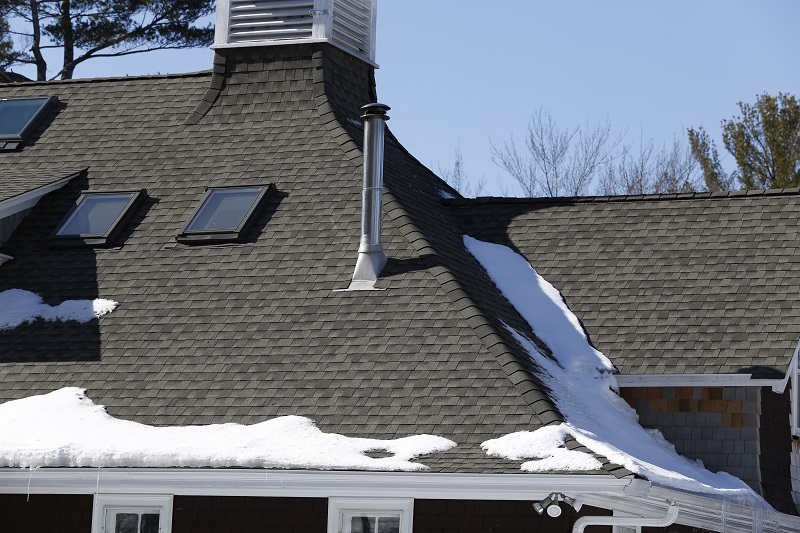 Feb 28, 2022 ... Despite a handful of obstacles that come along with winter roofing installation, winter is still a perfectly acceptable time to replace your ...
Feb 28, 2022 ... Despite a handful of obstacles that come along with winter roofing installation, winter is still a perfectly acceptable time to replace your ...
5. 4 Risks When You Replace Your Roof in Winter - Chattanooga ...
https://chattanoogaroofingco.com/2018/12/10/risks-replace-your-roof-in-winter/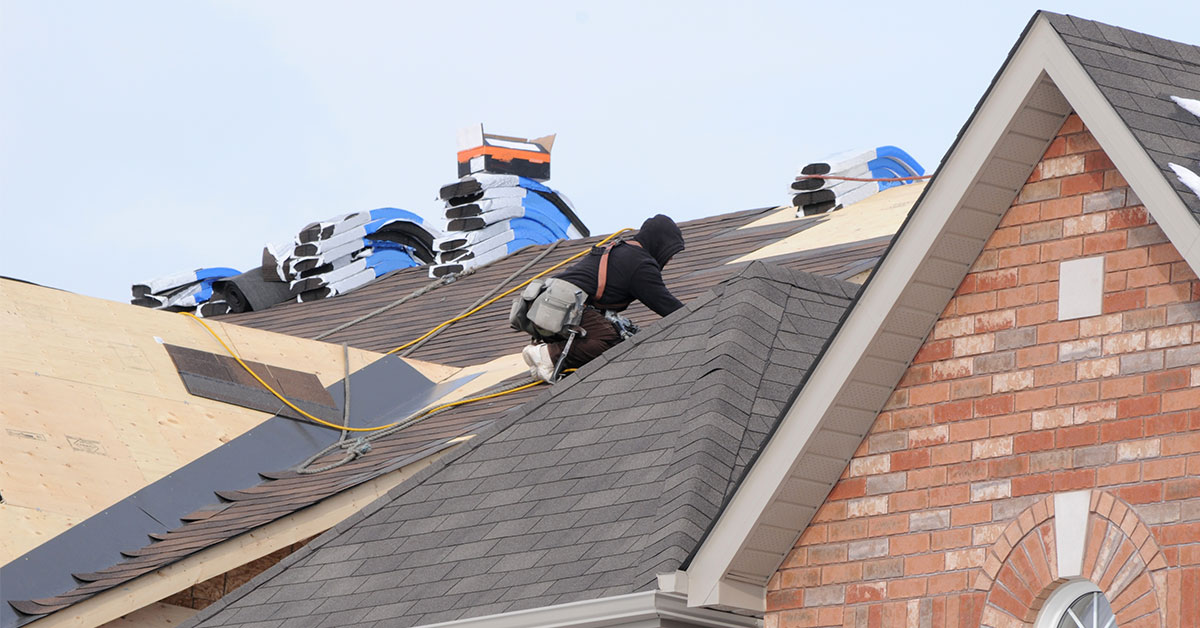 Dec 10, 2018 ... When you have to replace your roof in winter, it's never an ideal time. In fact, you'll face more risks than during other seasons.
Dec 10, 2018 ... When you have to replace your roof in winter, it's never an ideal time. In fact, you'll face more risks than during other seasons.
6. Can You Replace a Roof in the Winter? - RoofClaim
https://roofclaim.com/can-you-replace-a-roof-in-the-winter/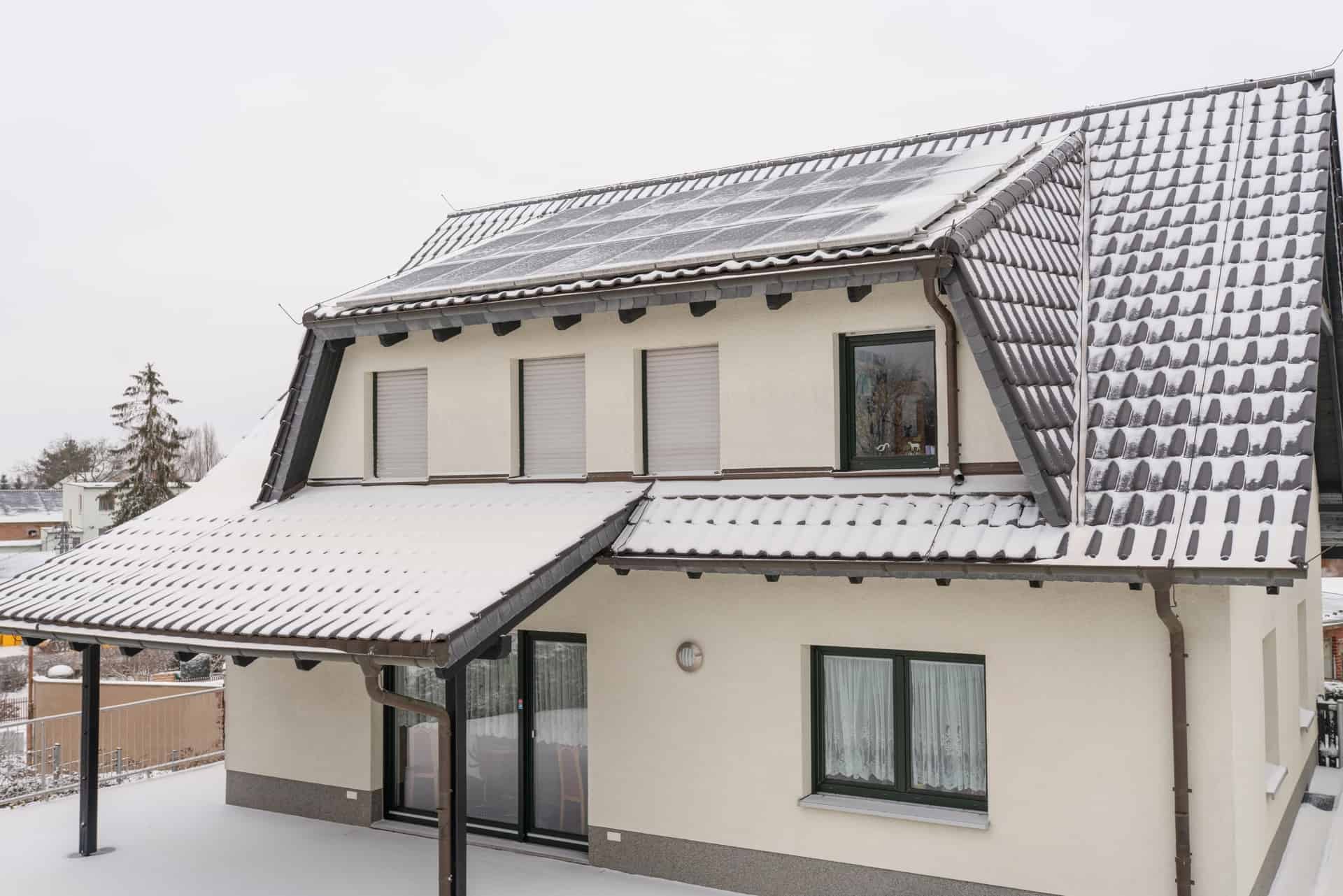 Aug 27, 2021 ... However, there are still instances when your roof suddenly becomes damaged and requires immediate attention. Fortunately, you can replace a roof ...
Aug 27, 2021 ... However, there are still instances when your roof suddenly becomes damaged and requires immediate attention. Fortunately, you can replace a roof ...
7. Can a Roof be Installed or Replaced in the Winter?
https://www.allseasonsconstruction.com/can-roof-installed-replaced-winter/ One benefit of replacing your roof during the winter is that roofers are typically busiest in spring, summer and fall, so you can typically get a roof ...
One benefit of replacing your roof during the winter is that roofers are typically busiest in spring, summer and fall, so you can typically get a roof ...
8. Pros and Cons of Installing a New Roof During the Winter
https://www.renovationsroofing.com/blog/pros-cons-installing-new-roof-winter Feb 19, 2022 ... Having a new roof installed in the winter can be done. Although tools and materials do have sub-optimal performance, the right crew can do it in ...
Feb 19, 2022 ... Having a new roof installed in the winter can be done. Although tools and materials do have sub-optimal performance, the right crew can do it in ...
9. Can Roofers Work in the Snow During Winter? - Garlock-French ...
https://garlock-french.com/roofing/can-roofers-work-in-the-snow-during-winter/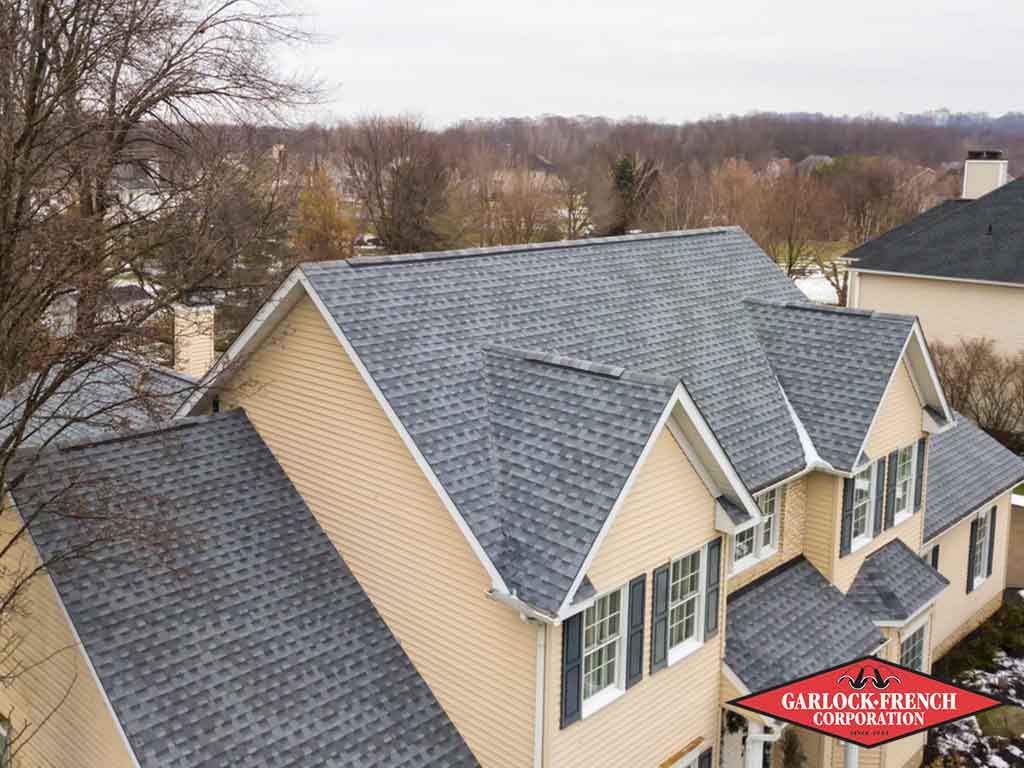 Roofing contractors work all-year-round regardless of season. You'll find them making repairs during spring, replacing roofs during summer and making sure roofs ...
Roofing contractors work all-year-round regardless of season. You'll find them making repairs during spring, replacing roofs during summer and making sure roofs ...
10. Is It Okay to do Roofing in the Winter?
https://bloomfieldconstruction.com/roofing-in-winter/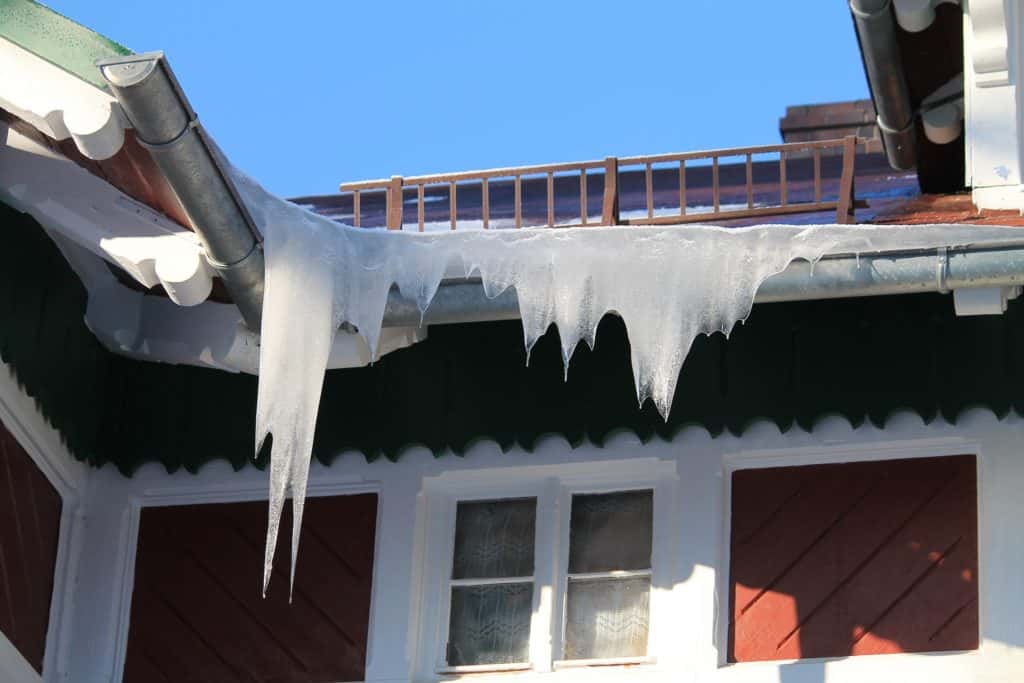 Yes. When done properly and by experienced roofing contractors, roofing in the winter can be done successfully. We don't consider cold temperatures to be ideal ...
Yes. When done properly and by experienced roofing contractors, roofing in the winter can be done successfully. We don't consider cold temperatures to be ideal ...
What safety precautions are taken when replacing a roof in the winter?
Professional roofing contractors use special techniques and safety procedures when replacing a roof during colder months. This includes covering all exposed surfaces of the roof with snow shields to protect them from freezing temperatures, as well as ensuring that all fastener holes are sealed to avoid water seepage into insulation and internal structure of the house. Additionally, contractors may use dehumidifiers to maintain proper humidity levels inside of homes where possible.
How can ice damming be avoided when replacing a roof in winter?
Ice damming occurs when snow on an unprotected rooftop melts due to heat loss from inside the home, then refreezes on the frozen gutters forming large icicles which weight down and eventually cause damage to your home’s interior. To prevent this from happening during a wintertime roof replacement, professional contractors take extra precautions such as installing effective insulation systems or using special heat tape around gutters or valleys that collect water from melting snow and prevent moisture buildup.
What should I ask my contractor before having my roof replaced in winter?
Before having your roof replaced in winter, it’s important to ask your contractor about their experience working in cold weather conditions as well as whether they’ll be using specialized equipment or insulation materials based on local climate conditions. It’s also important to ensure they follow all relevant building codes as some municipalities may differentiate between summertime and wintertime construction regulations.
Is there anything I need to do after having my roof replaced in winter?
After having your new roof replaced, it’s important to keep an eye out for any signs of leaks or improper installation so you can have them addressed quickly by professionals if needed. Additionally, you should monitor the temperature inside of your home regularly since poorly insulated roofs or incorrect ventilation systems might result in excessive heat loss during cold weather periods which will increase energy bills significantly over time.
Conclusion:
Replacing a roof in the winter is definitely possible if done correctly. As long as homeowners consult with experienced professionals who know how to properly prepare for cold weather construction and follow all necessary safety regulations, their newly installed roofs will remain strong despite lower temperatures outside.
